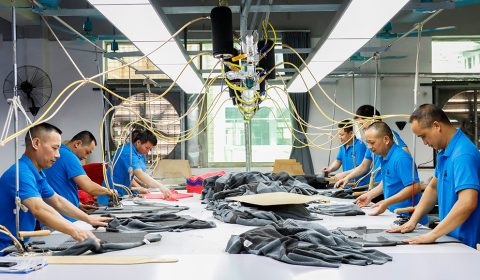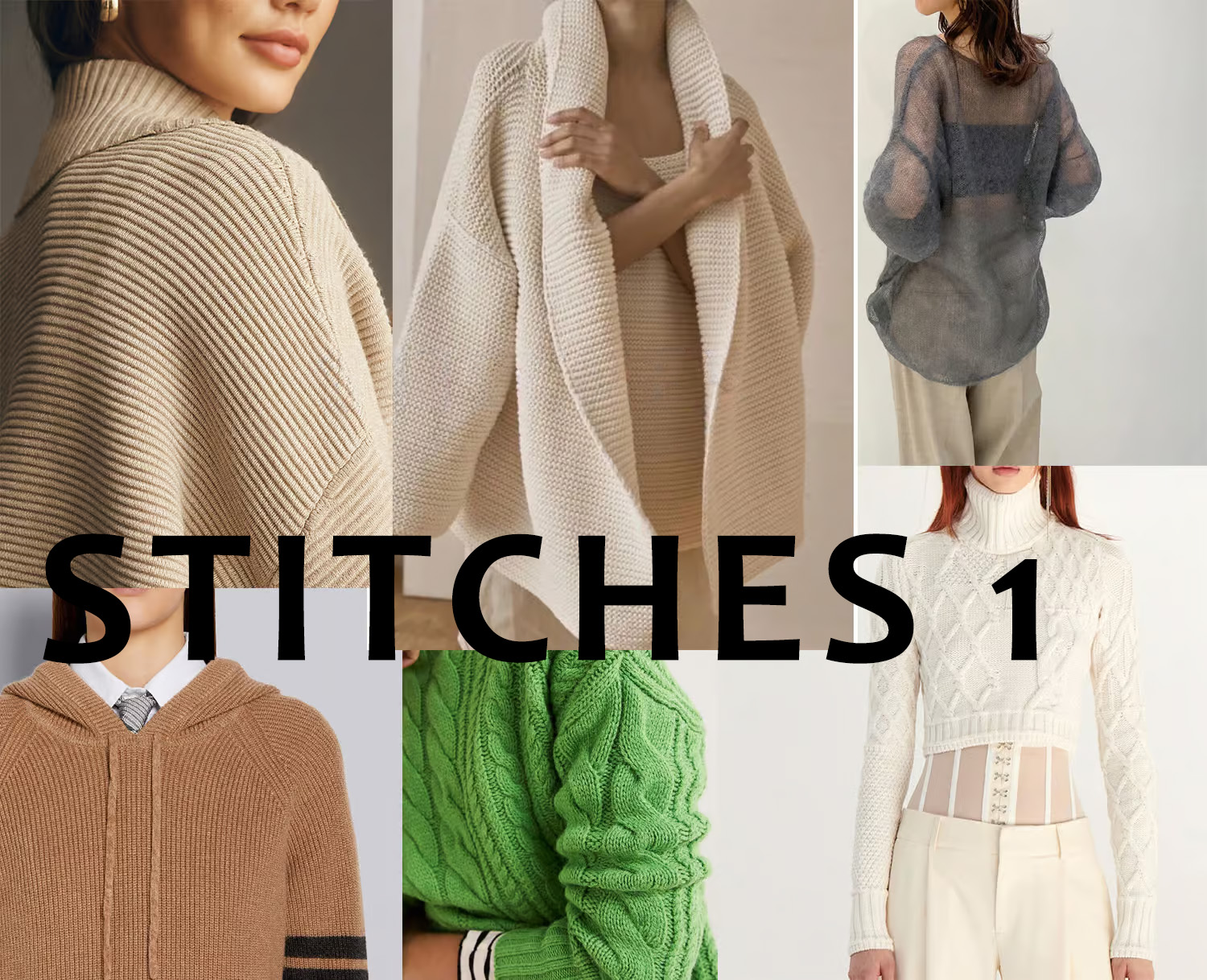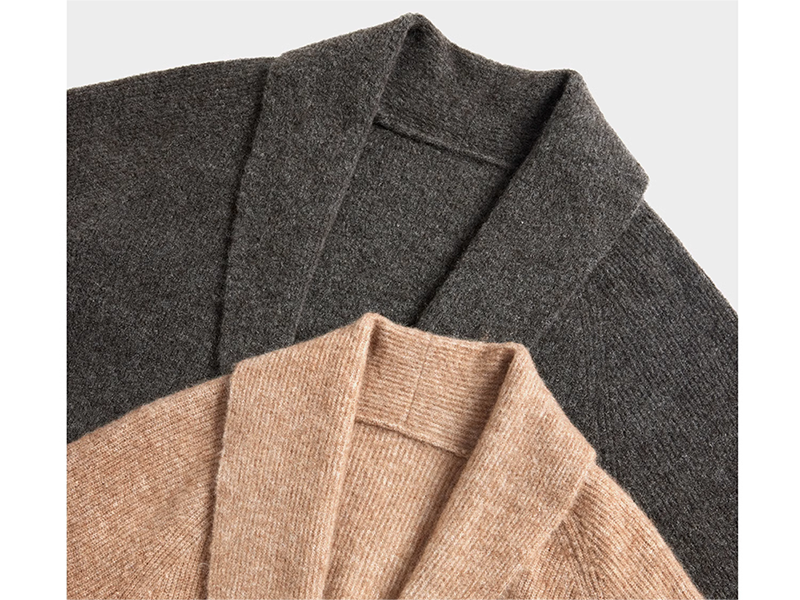We all love the feel of our cashmere garments and want to preserve them for as long as possible. However, since cashmere is a very delicate fabric, it requires special handling and care to be able to retain the softness and ensure it lasts many years.
Cashmere can easily absorb odours and attract stains, which is why you will need to adopt mild washing and wearing protocols. Follow our guide and it will ensure your cashmere gets the long life it deserves.
Wearing Tips
Do not wear your cashmere sweaters immediately after spraying deodorant on your body. Wait for your deodorant to dry. This is to prevent the fragrance of deodorants settling down on the sweater, which can be a giant pain for you to remove later on.
Do not spray perfume on your sweater. It can stain the sweater and invite moths.
Do not wear one sweater for more than 2 days in a week. Let it air dry before putting in for laundry.
Make sure you keep them away from your bags, clutches and other accessories when wearing to avoid snagging of the knit.
Cleaning Tips
Dry cleaning is not a good idea unless you need to get specific stains removed.
Wash your cashmere garments in a clean and large sink.
Do not soak your garments for long in the tub. They become awfully heavy when they are filled with water.
Do not carry a wet piece of sweater by the shoulders as it will stretch the fabric.
Always wash your cashmere in cold water. Washing in too hot water can shrink the fabric.
Use only mild detergent or hair shampoo to wash your cashmere. Hair shampoos are considered to be an ideal option.
Press and gently squeeze the soapy water through your sweater. Avoid twisting the fabric hard.
Keep your cashmere away from windows, direct sunlight and other heat sources.
Stain Removal
Don’t always try to remove stains yourself.
It is advised that you take your garments for dry cleaning for special removal treatment.
Use stain remover to treat light stains. Mix the stain remover with cold water only.
Once the stain removal starts to penetrate, wash your garment normally.
Do not rub the stained areas to prevent rubbing the hole.
Storage
Always clean your garments before storing them.
Make sure you do not leave any fragrance behind as it can attract moths.
When storing your garments, fold them with pieces of tissue to prevent wrinkles.
You can also use a steamer to fight pesky wrinkles.
Do not store cashmere in plastic bags.
Do not hang the garments in your wardrobe.
If you want to maintain the utility and softness of your cashmere, follow the above tips.




 English
English Deutsch
Deutsch Français
Français Italiano
Italiano Español
Español Русский
Русский Polski
Polski Nederlands
Nederlands Svenska
Svenska

